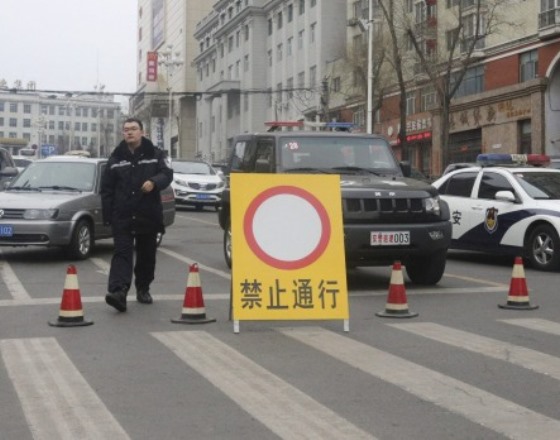
Global asset manager Pimco has all but ruled out a global recession but downgraded its growth and inflation forecasts for this year.
In its latest update of the outlook, the shaky start for financial markets and the tightening in financial conditions mean Pimco has lowered its expectations since December to 2 to 2.5 per cent for real gross domestic product growth, a downgrade of one-quarter of a percentage point. In 2015, that figure was 2.6 per cent, which means if Pimco is right, global growth will slow for a third straight year.
The United States Federal Reserve will manage only one or two rate hikes in 2016, it argues, which is slightly more bearish than the Fed's own projections.
Last week, the US revised its interest rate target to two hikes from four hikes, which was interpreted as a more dovish direction for policy in the world's biggest economy.
"Complicating things are the additional headwinds emanating from rising political uncertainty in multiple constituencies: the US presidential election, rising populism in Europe, the refugee crisis, Brexit risk in the UK and unstable governments in Brazil and beyond," say Joachim Fels, global economic advisor, and Andrew Balls, chief investment officer global fixed income.
"While political risks are difficult to quantify, they have the potential to dent consumer confidence and corporate animal spirits further," the Pimco duo warn. "Zombie governments" might be one reason why growth keeps disappointing.
In spite of this, the risk of recession spreading is deemed "relatively low" at no more than a 20 per cent probability with six-to-12 months in mind, which is more optimistic than financial markets suggest.
"While the economic expansion is ageing, it is important to remember that expansions don't die of old age," Mr Fels and Mr Balls agree.
"They are usually ended by a combination of serious imbalances and significant central bank tightening. Right now, none of the typical signs of imminent collapse are flashing."
The three biggest risks investors should consider are China, commodities and central banks. And in China, the biggest risk of them all is a sharp devaluation of the yuan.
Instead, the bond fund is counting on an "orderly" depreciation of 7 per cent against the US dollar. Capital outflows still warrant vigilance but one theory is that most of the record outflows recorded in 2015 were Chinese companies rushing to settle their foreign liabilities before the yuan fell further. That might slow the leaking of capital.
The flipside is that if Chinese investors want to accumulate international assets, capital outflows will worsen.
Chinese growth is forecast at 5.5 to 6.5 per cent, which would miss China's official forecast.
original source: http://www.smh.com.au/business/the-economy/pimco-downgrades-global-growth-forecast-but-keeps-faith-in-chinas-yuan-policy-20160323-gnpjug#ixzz43w5wdL1u
